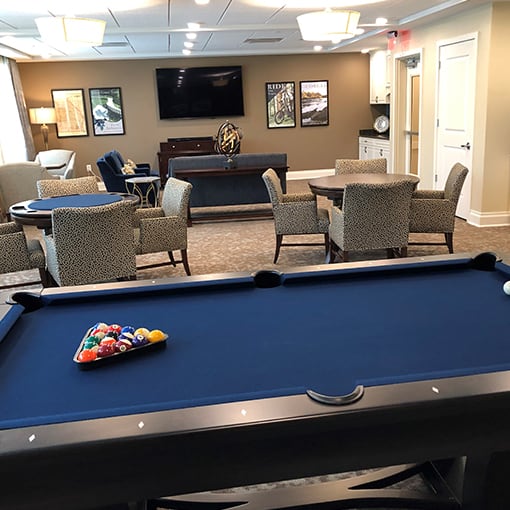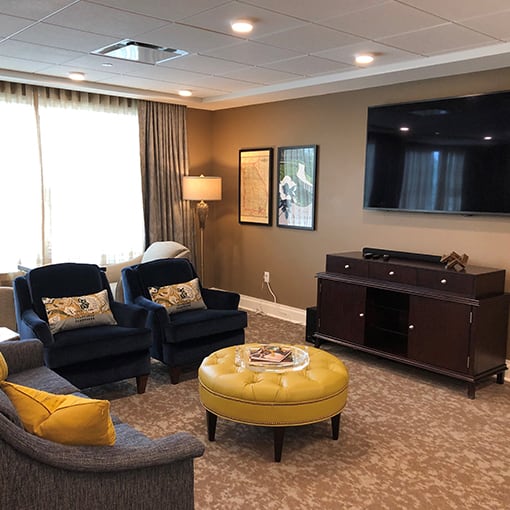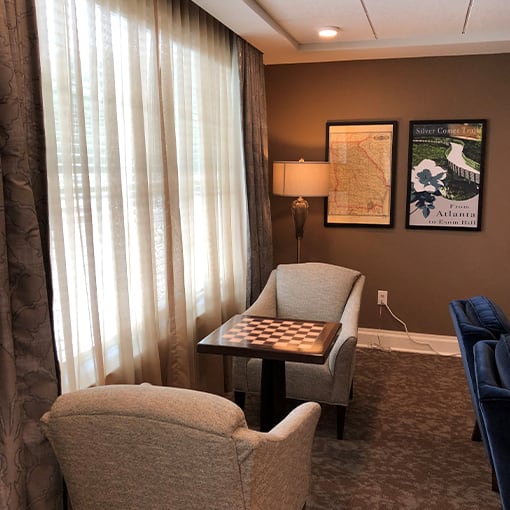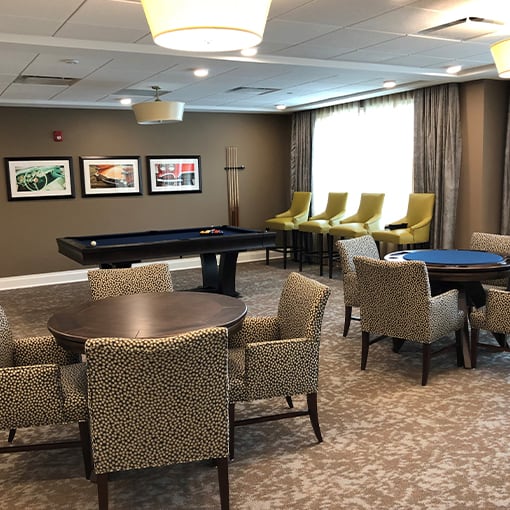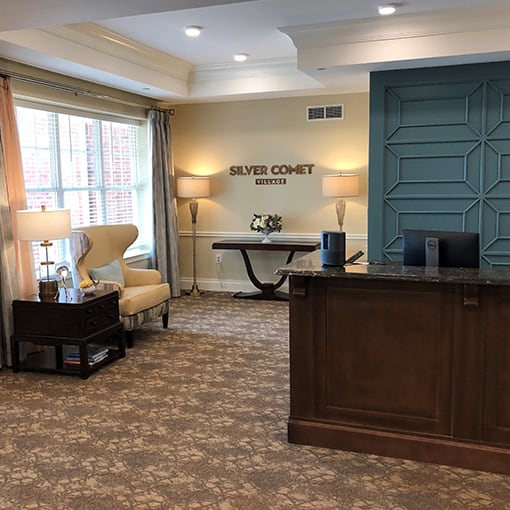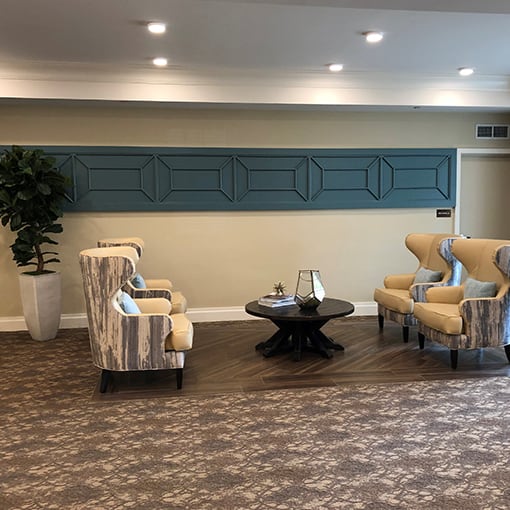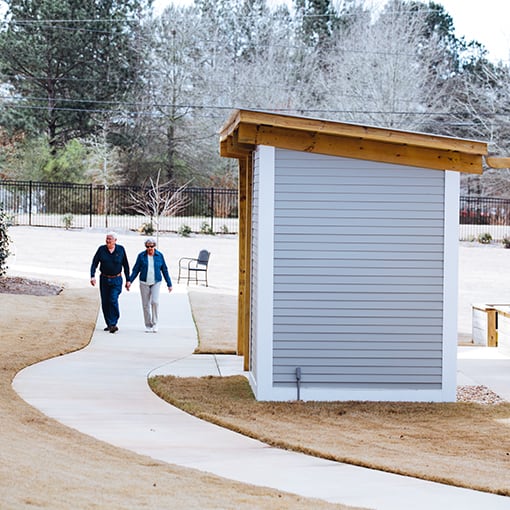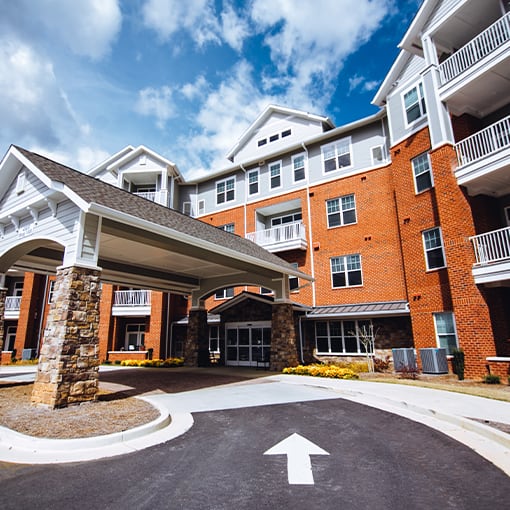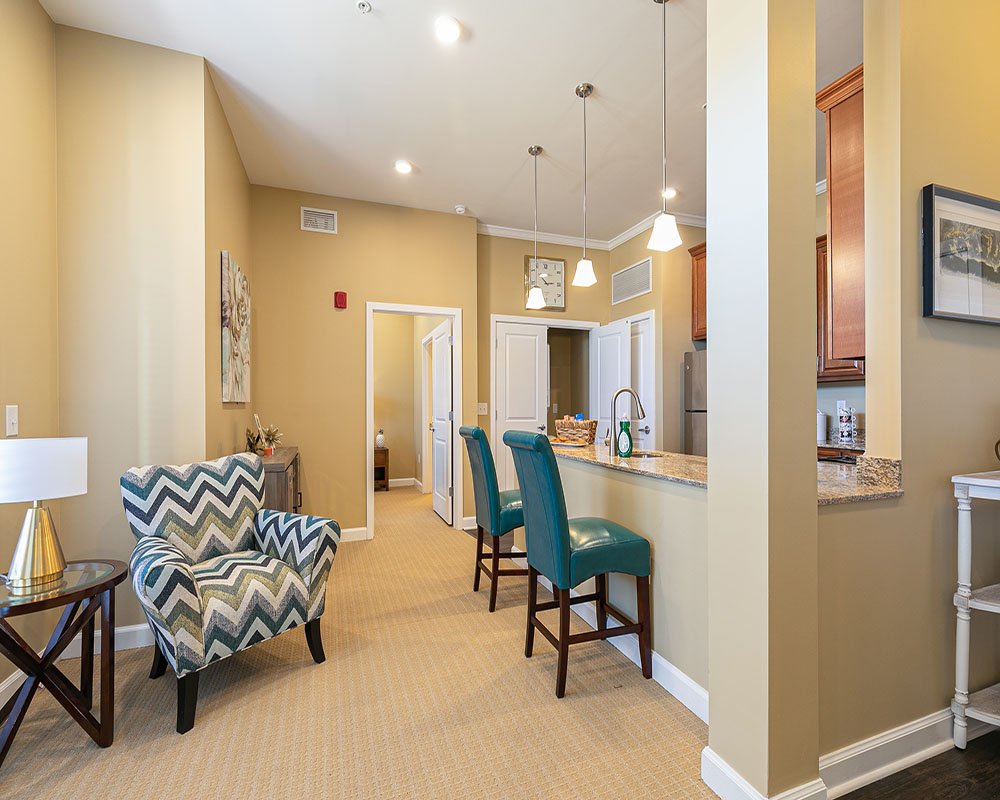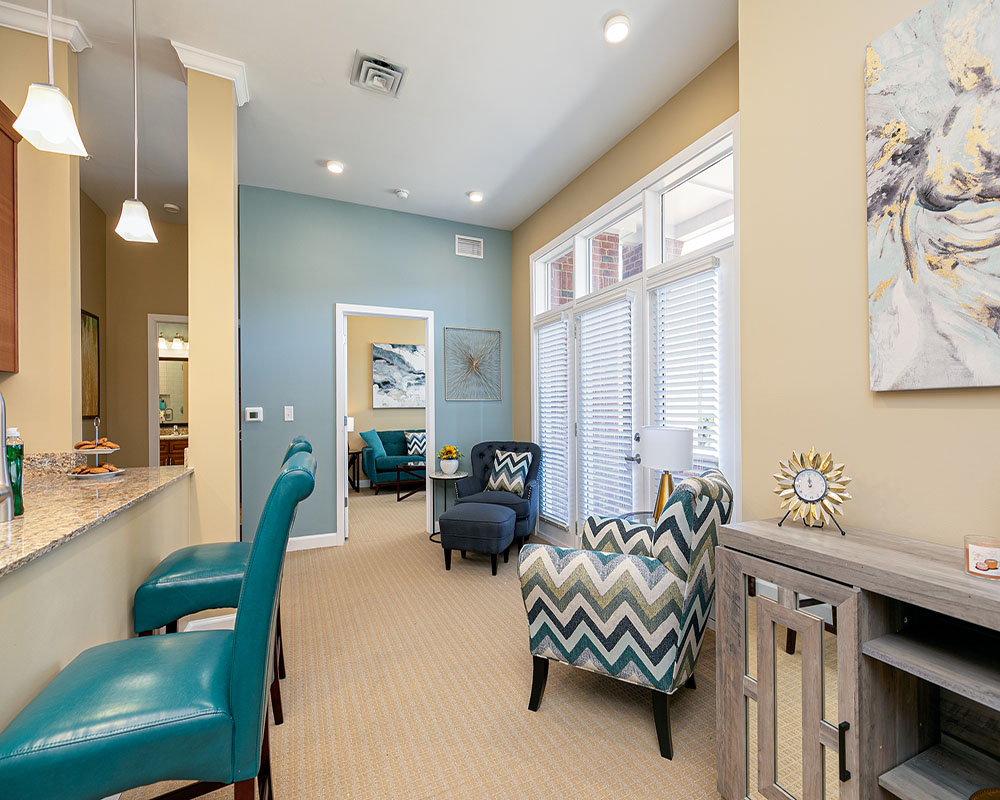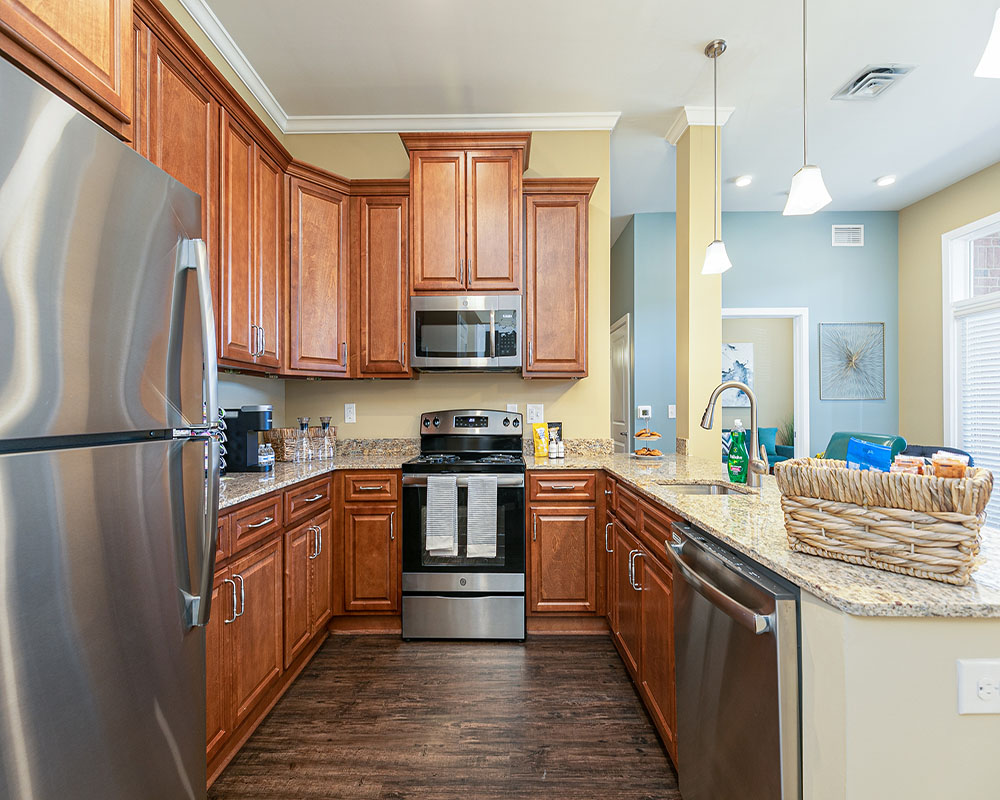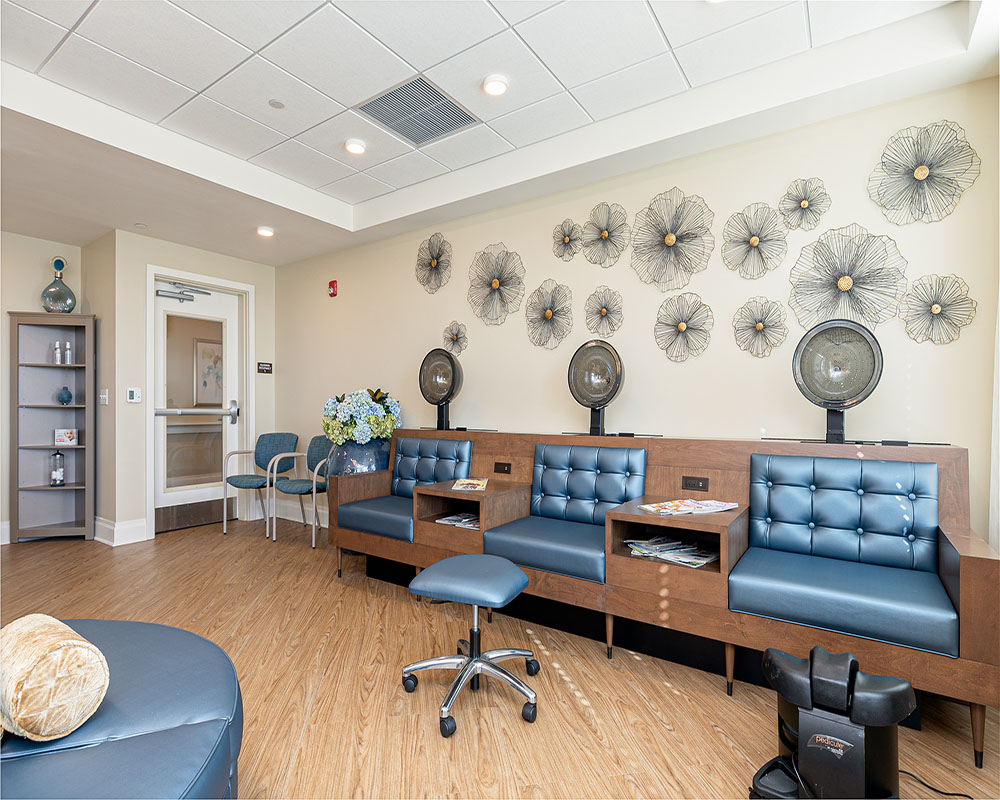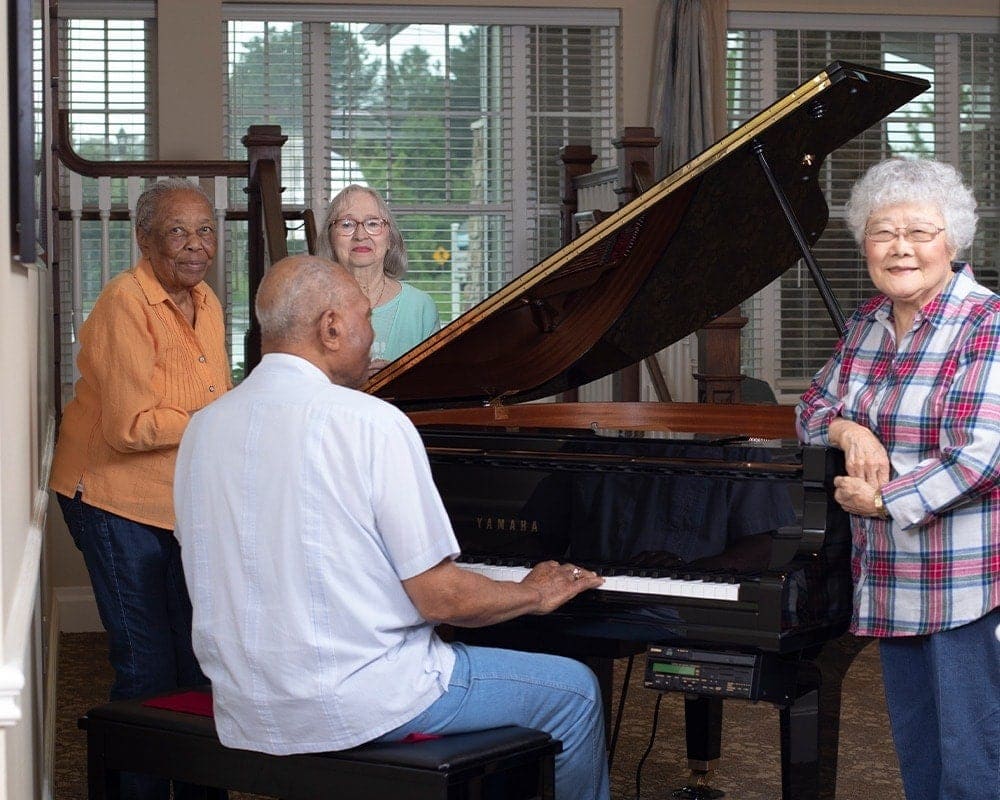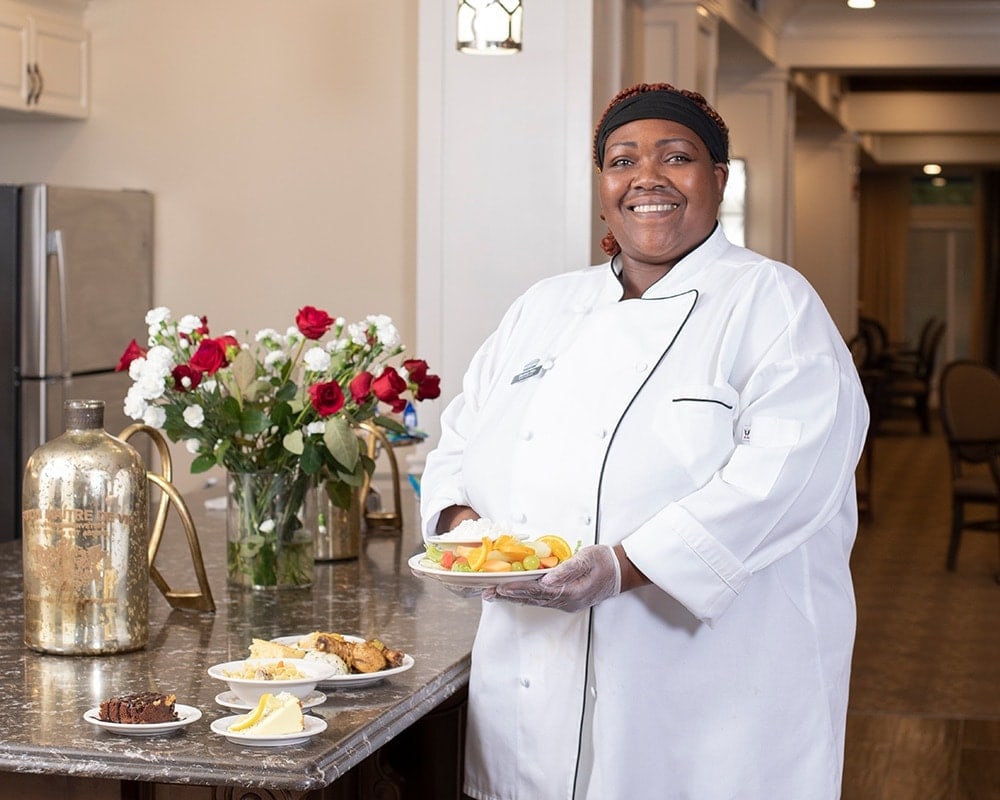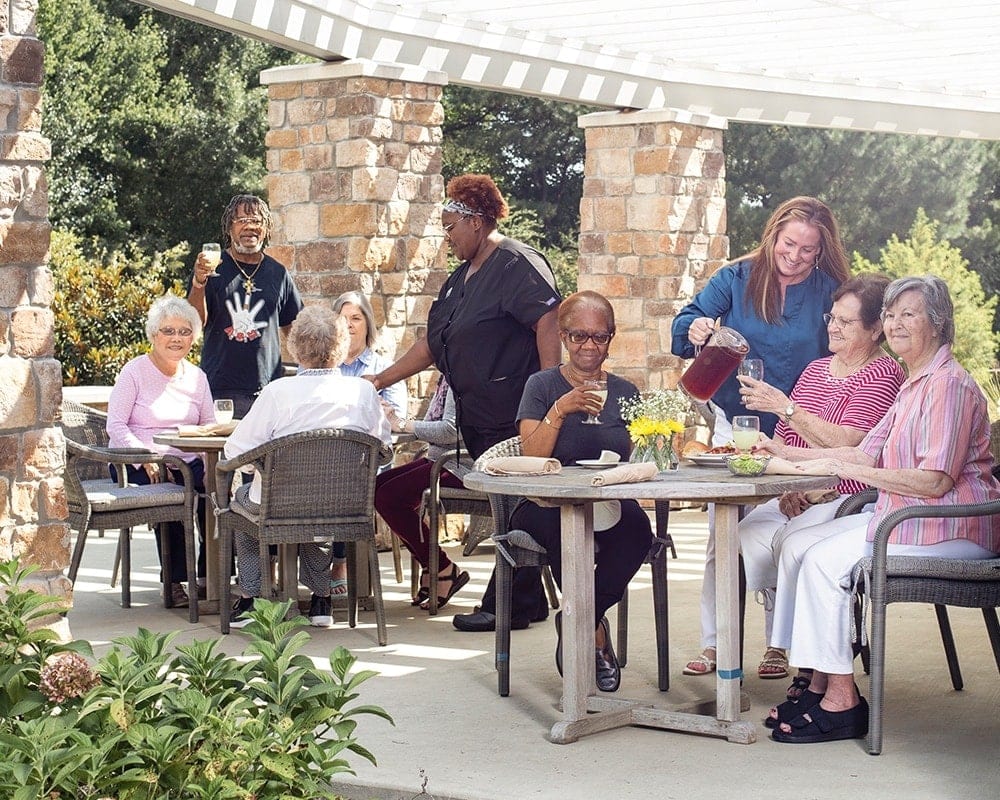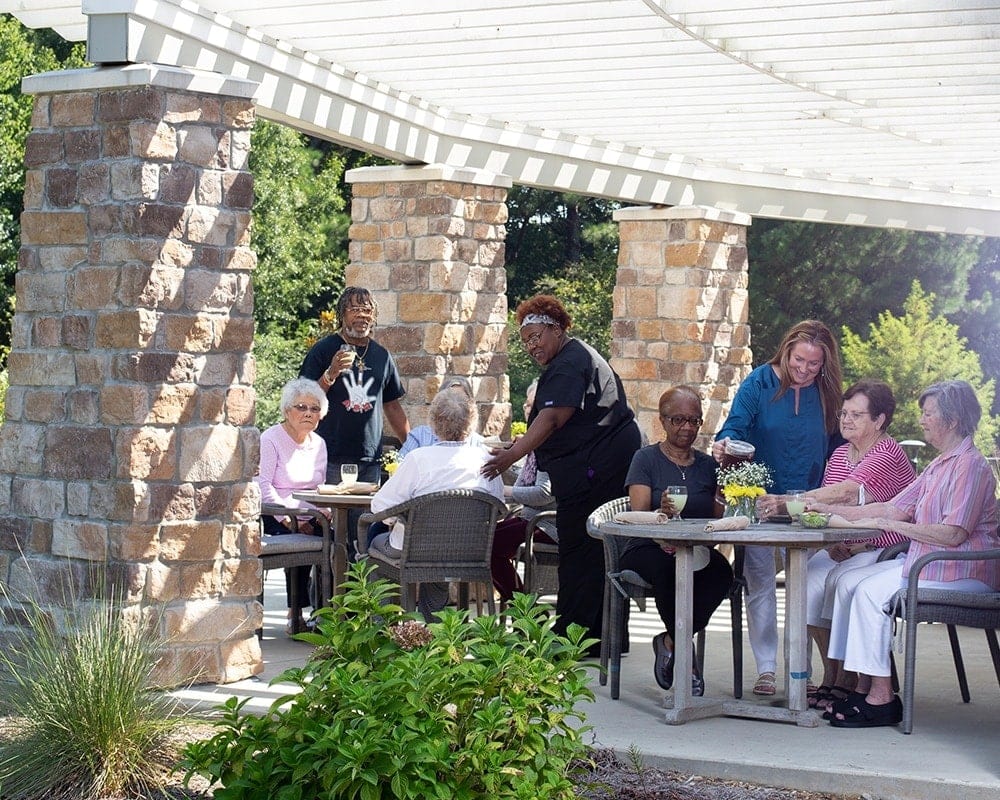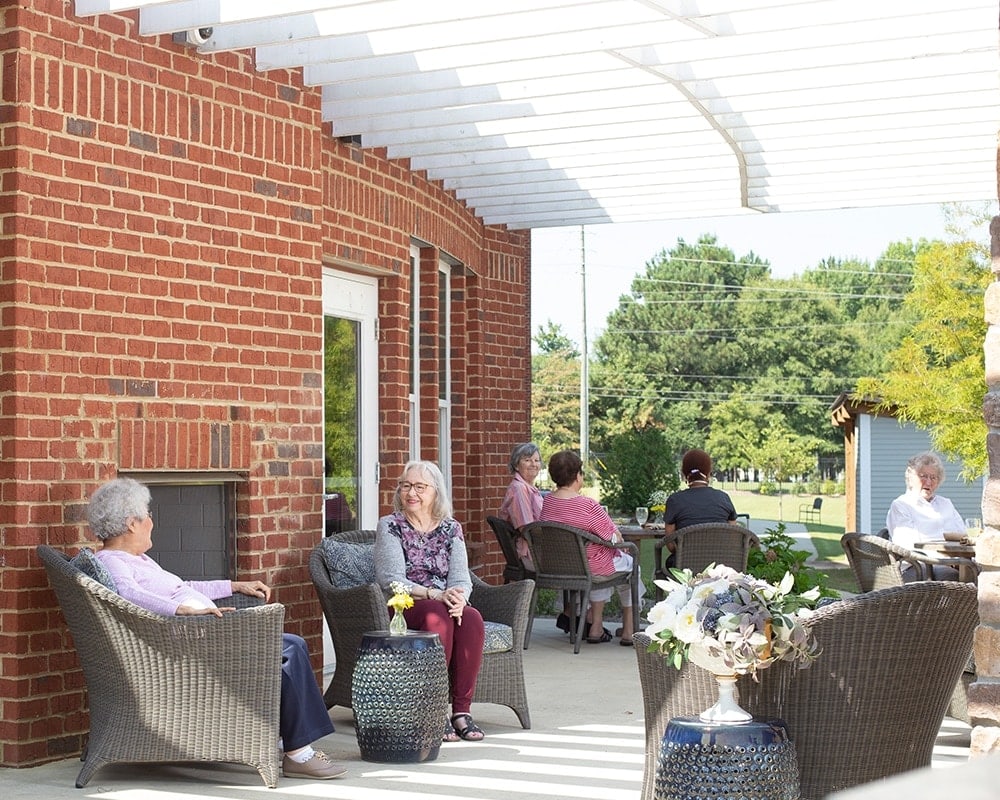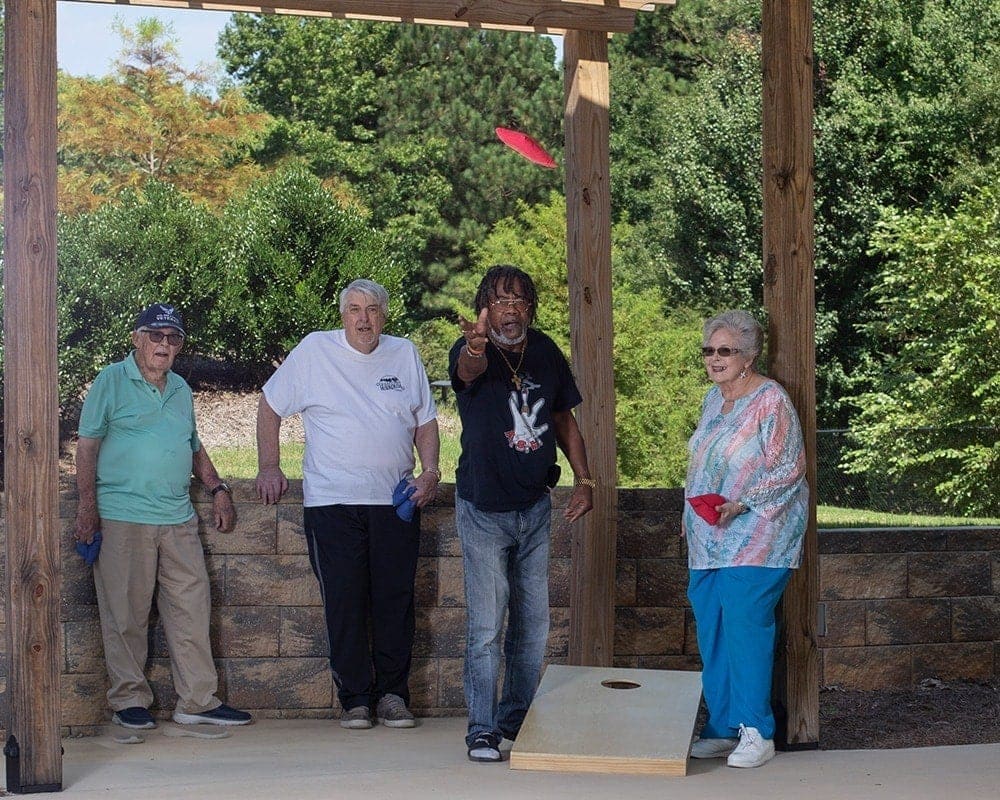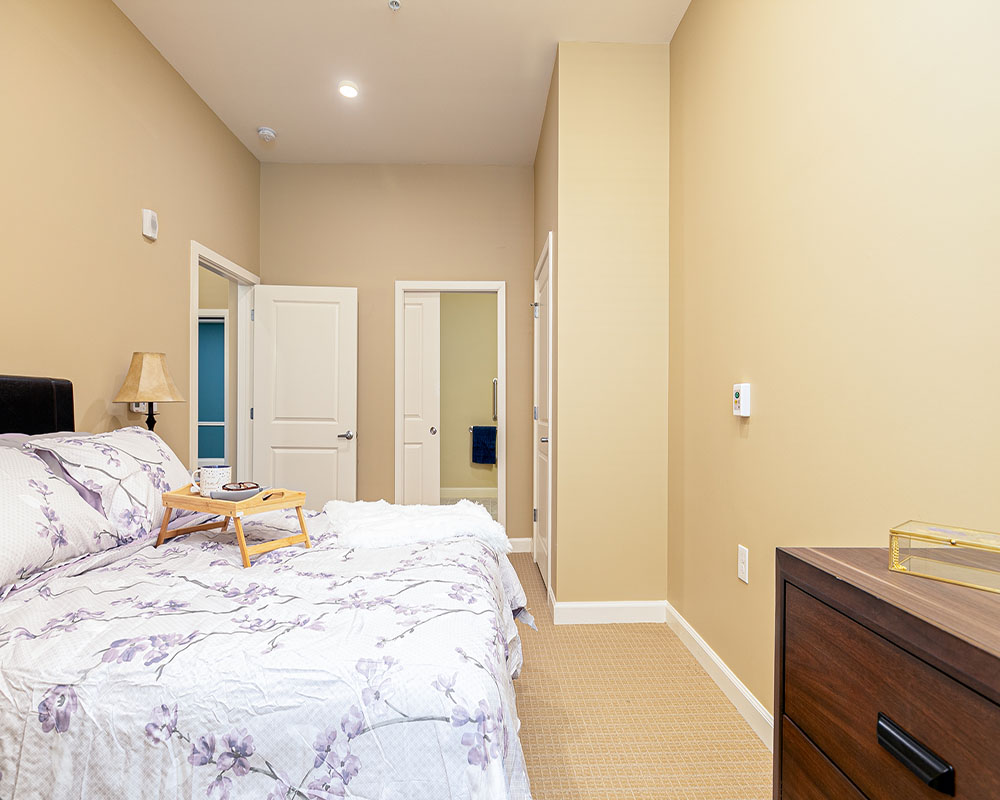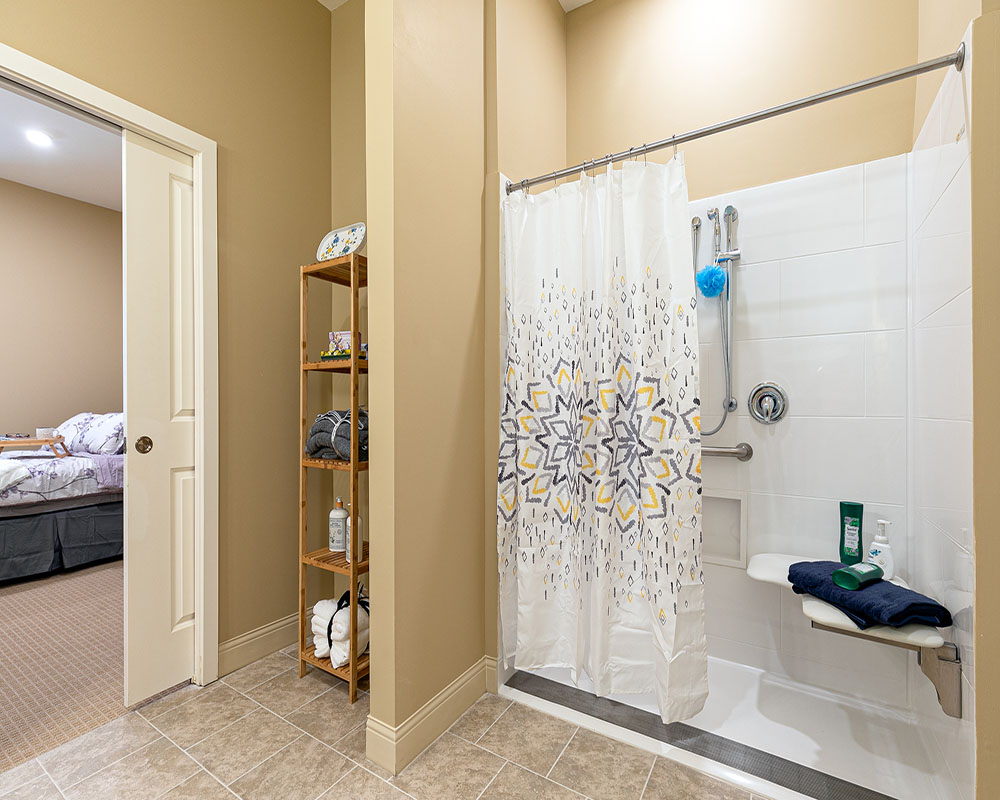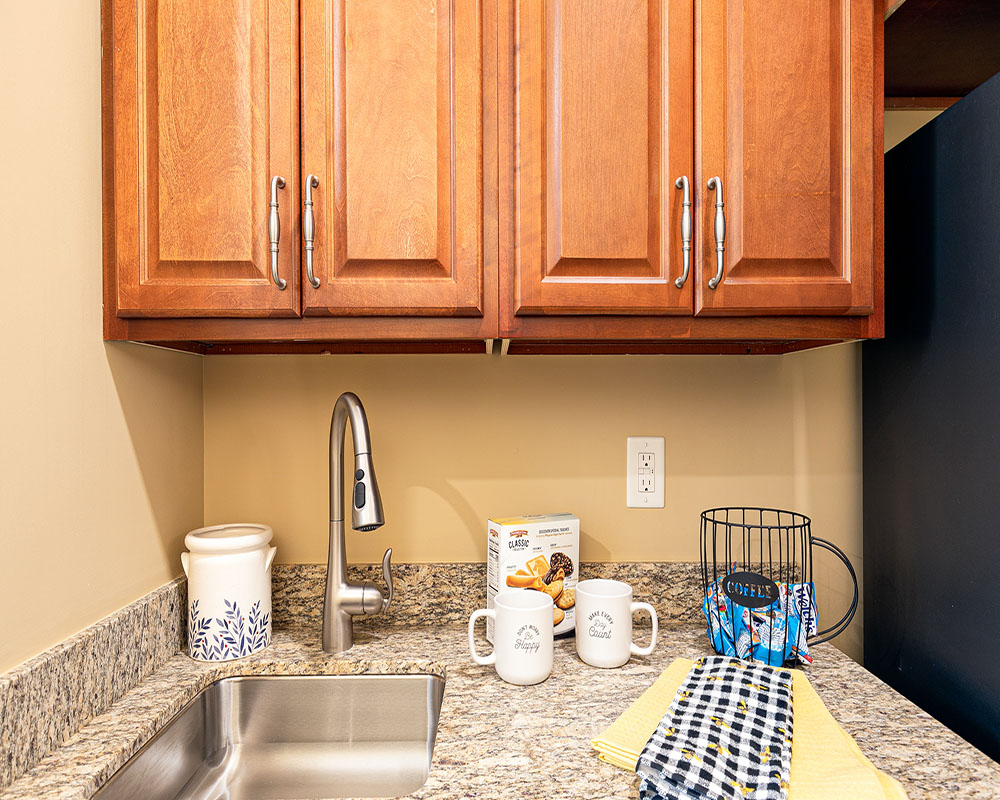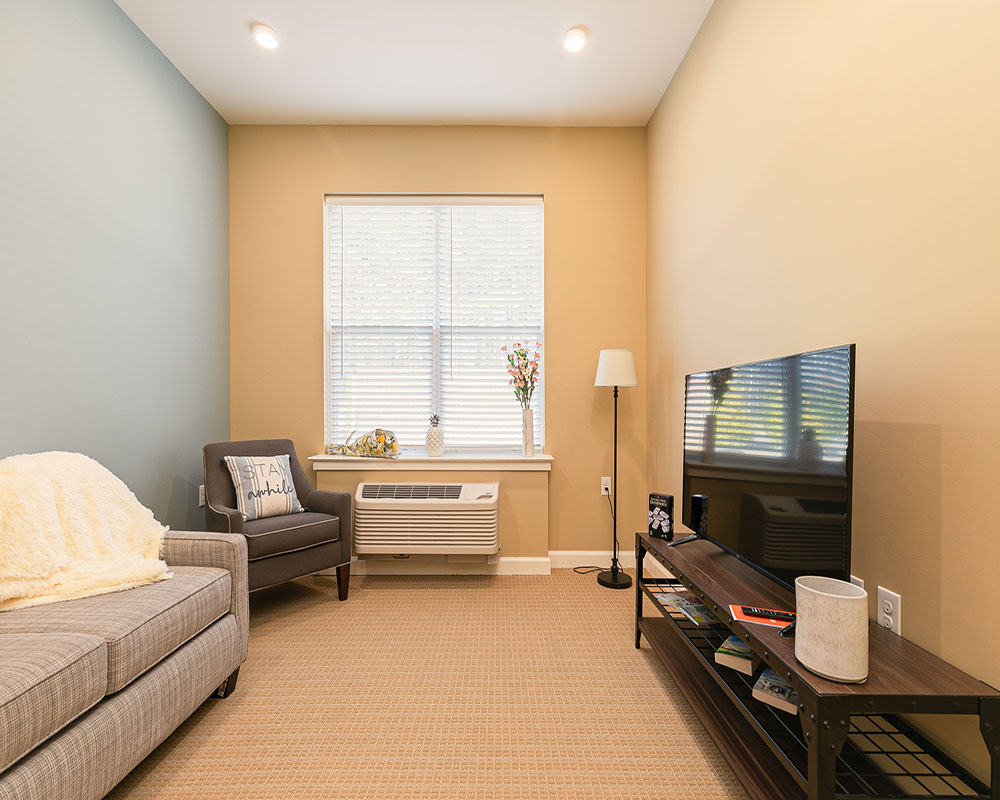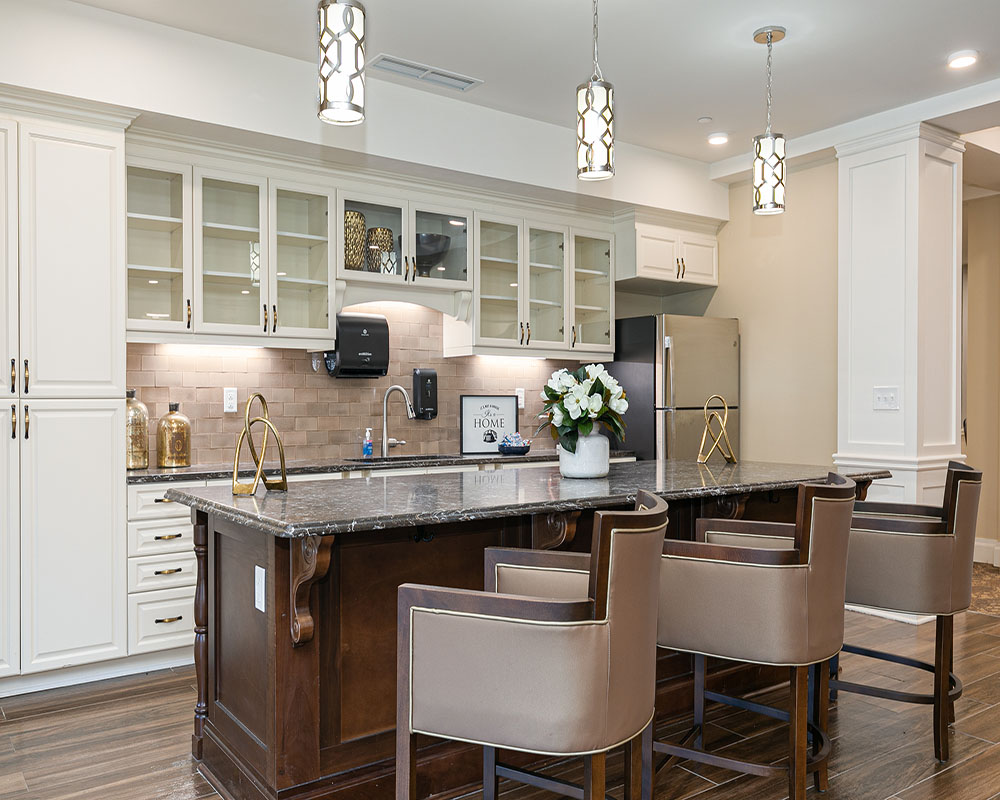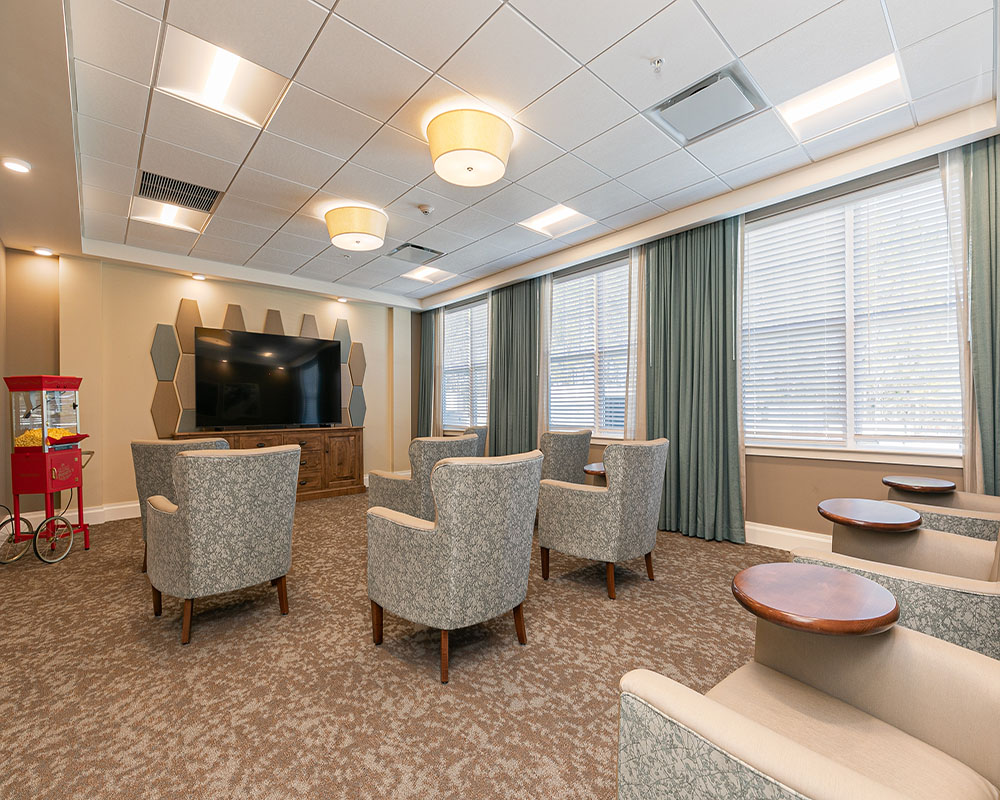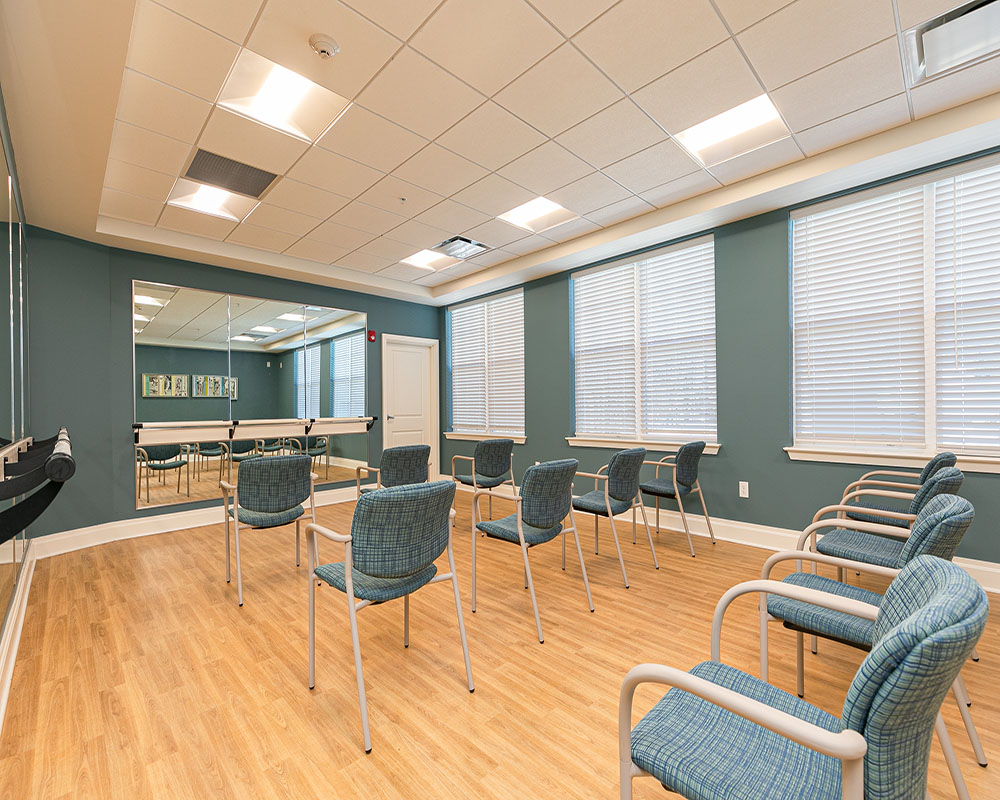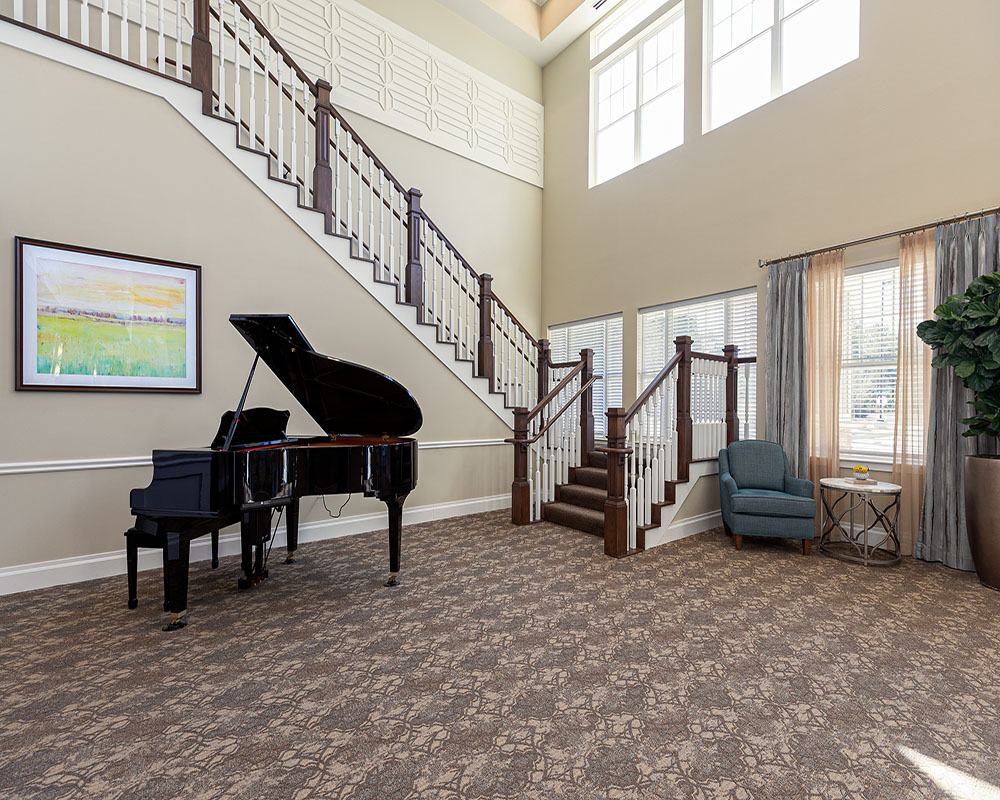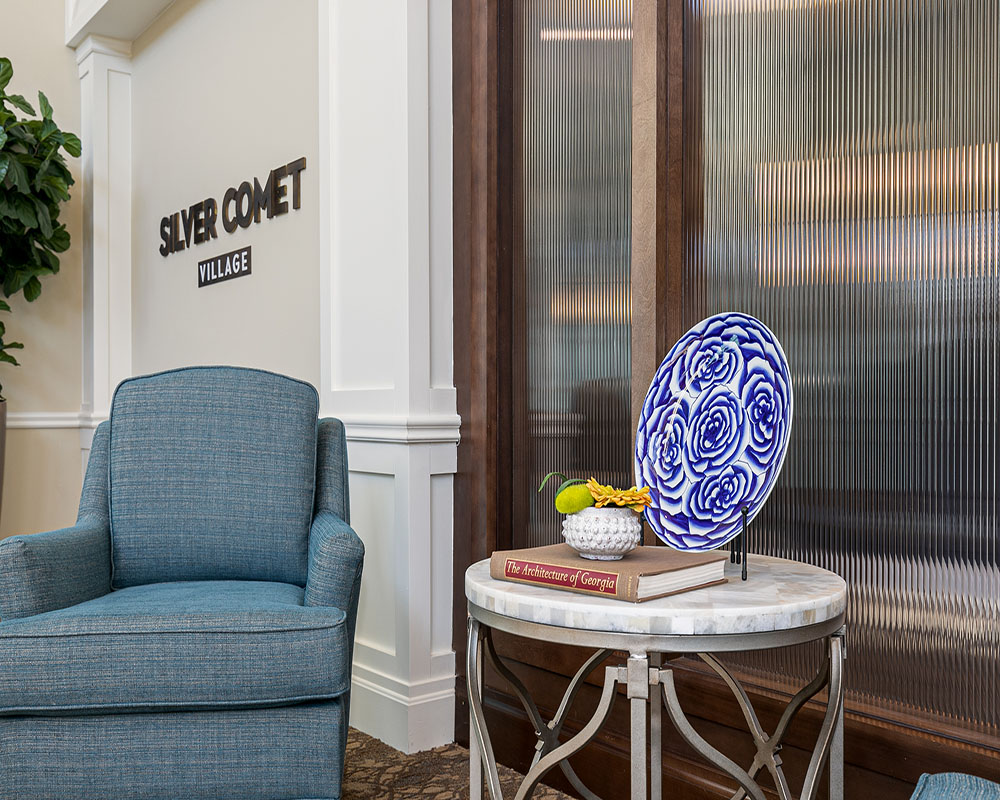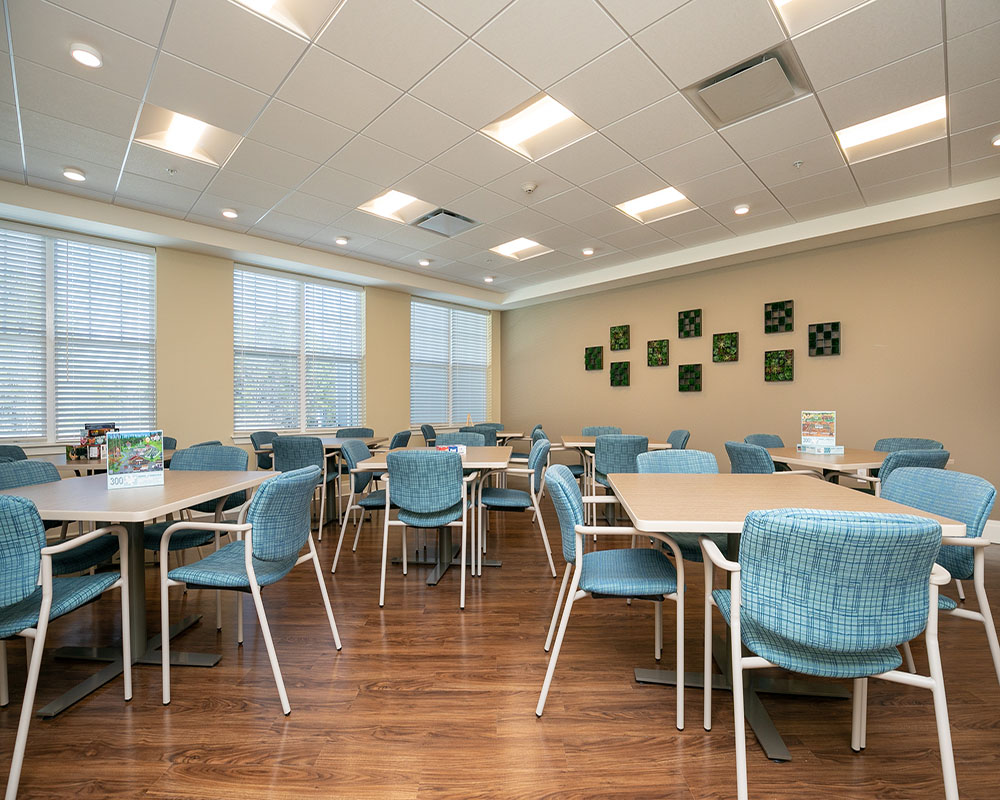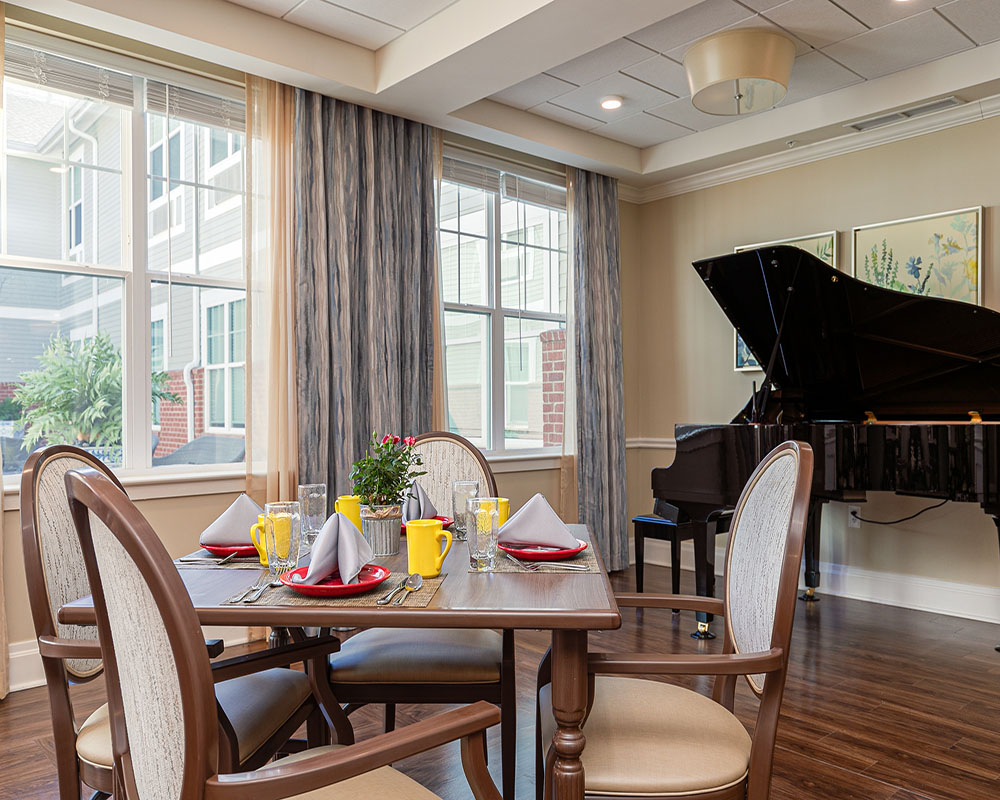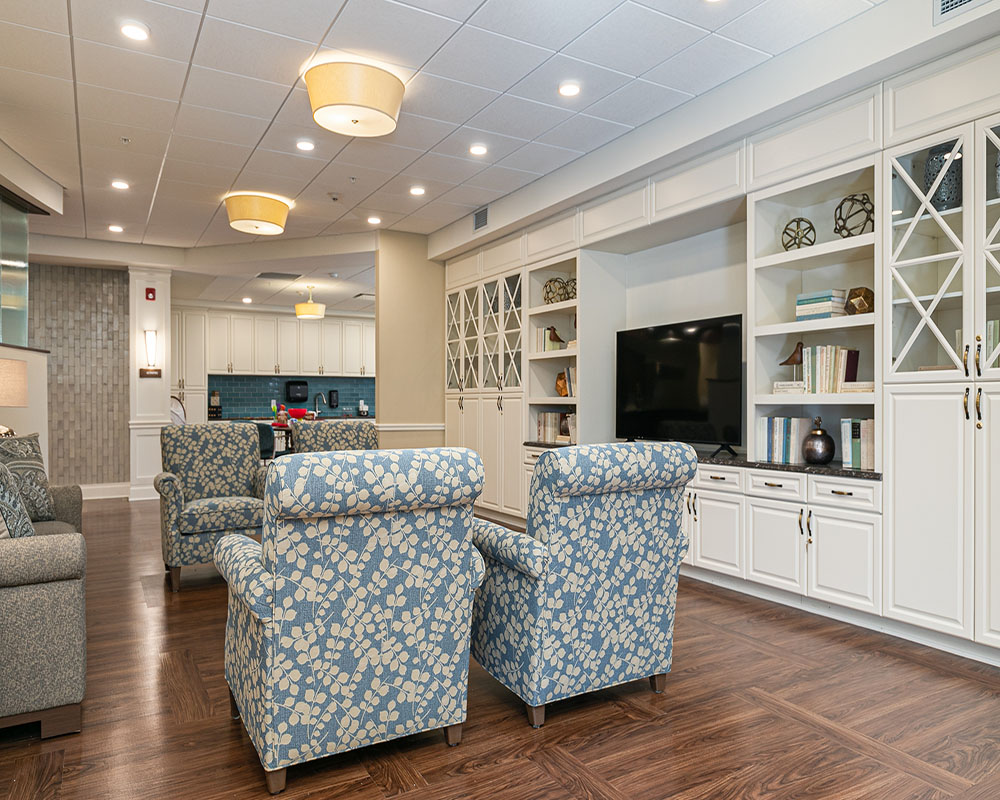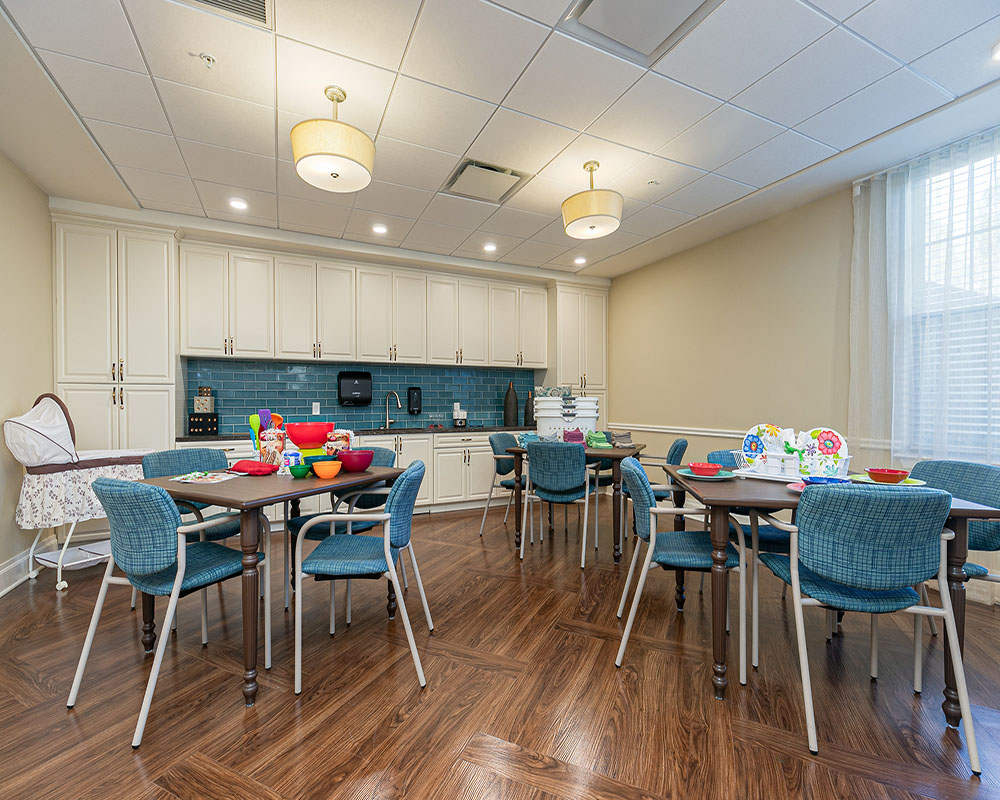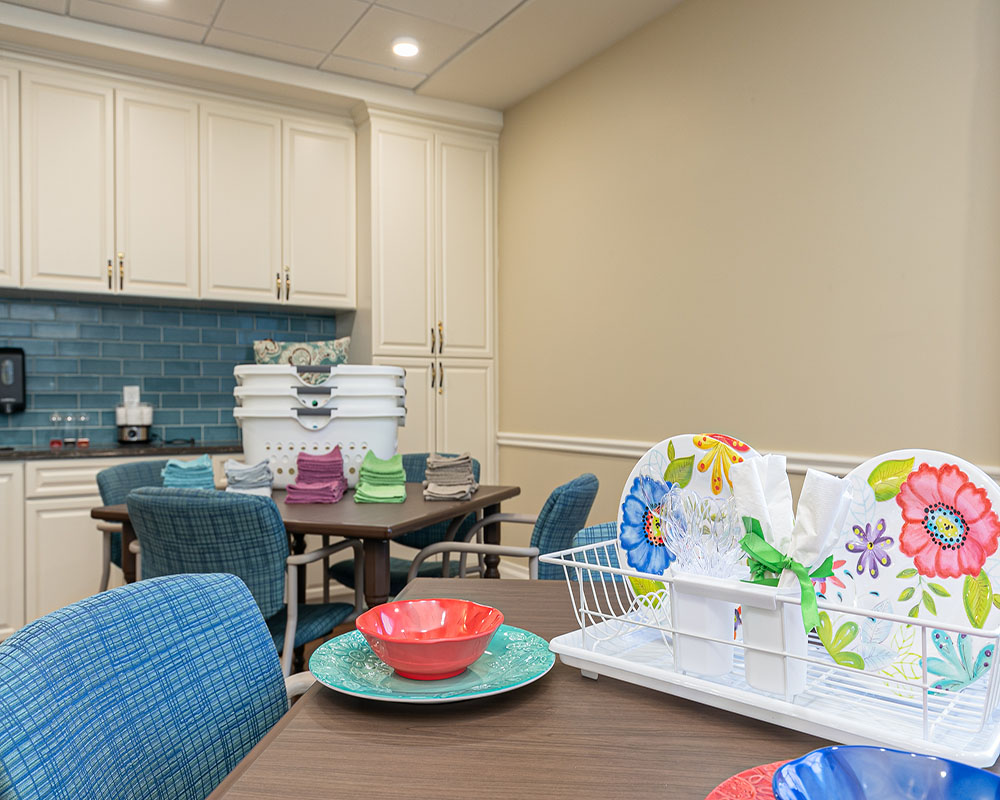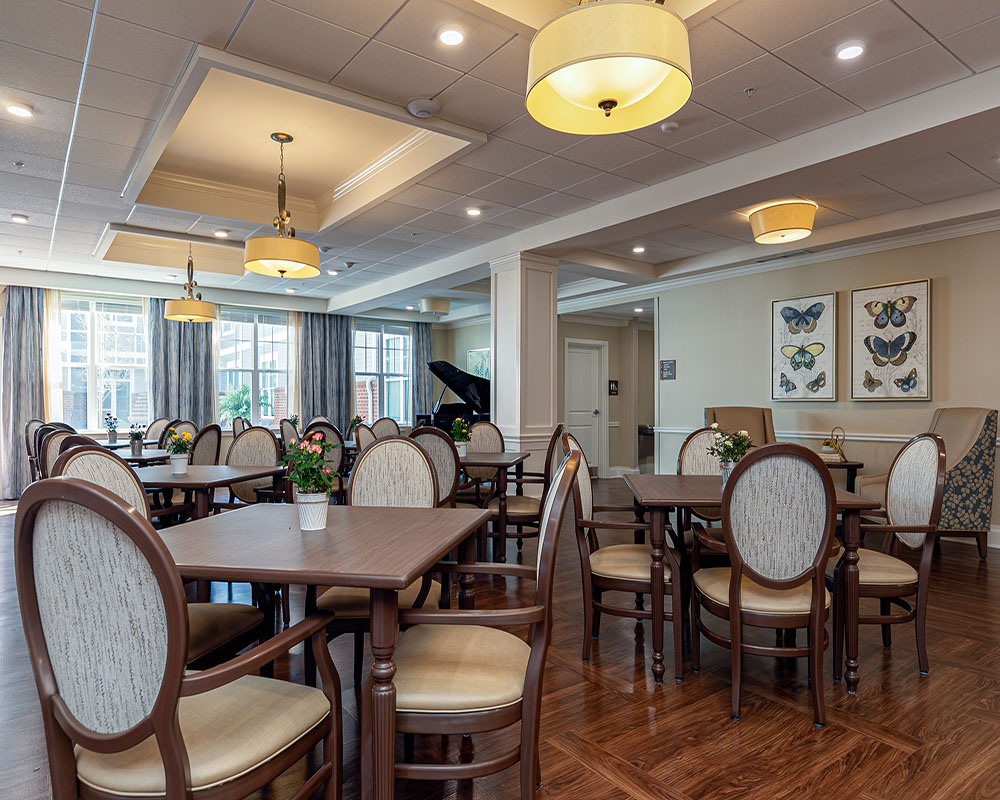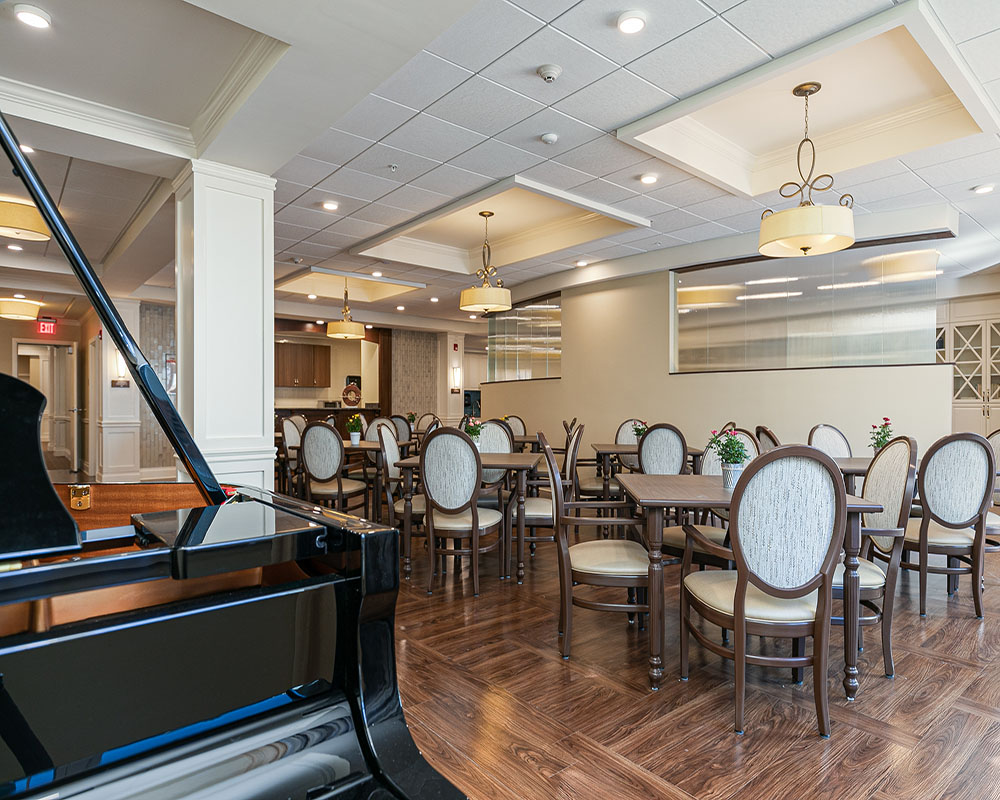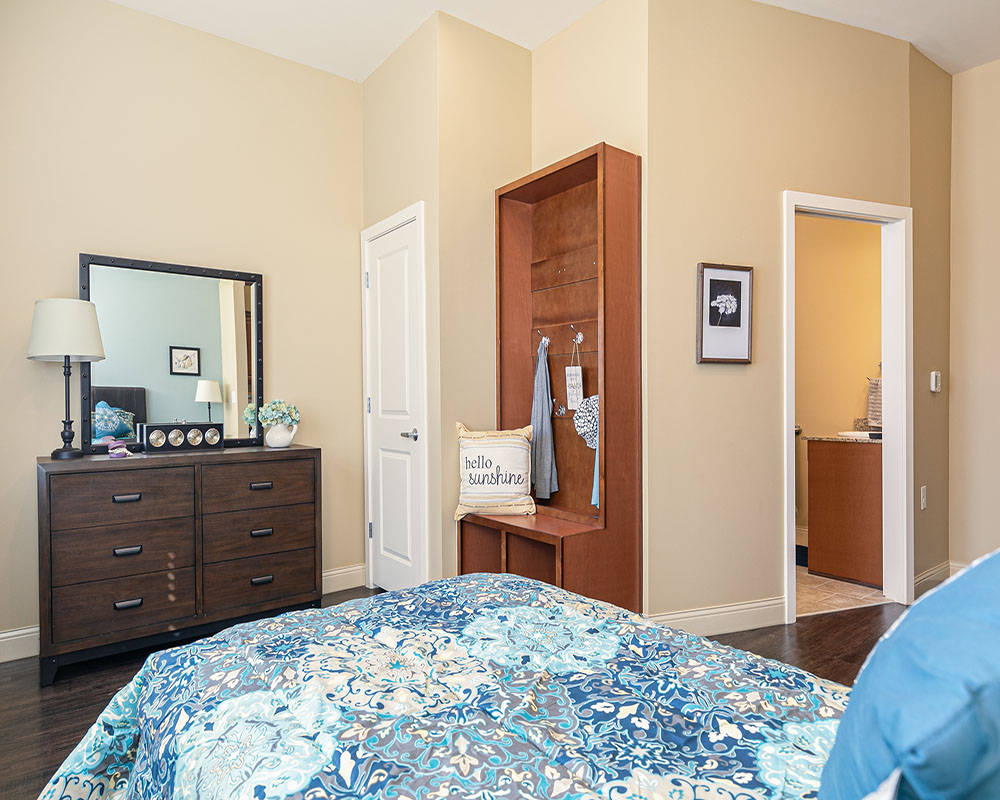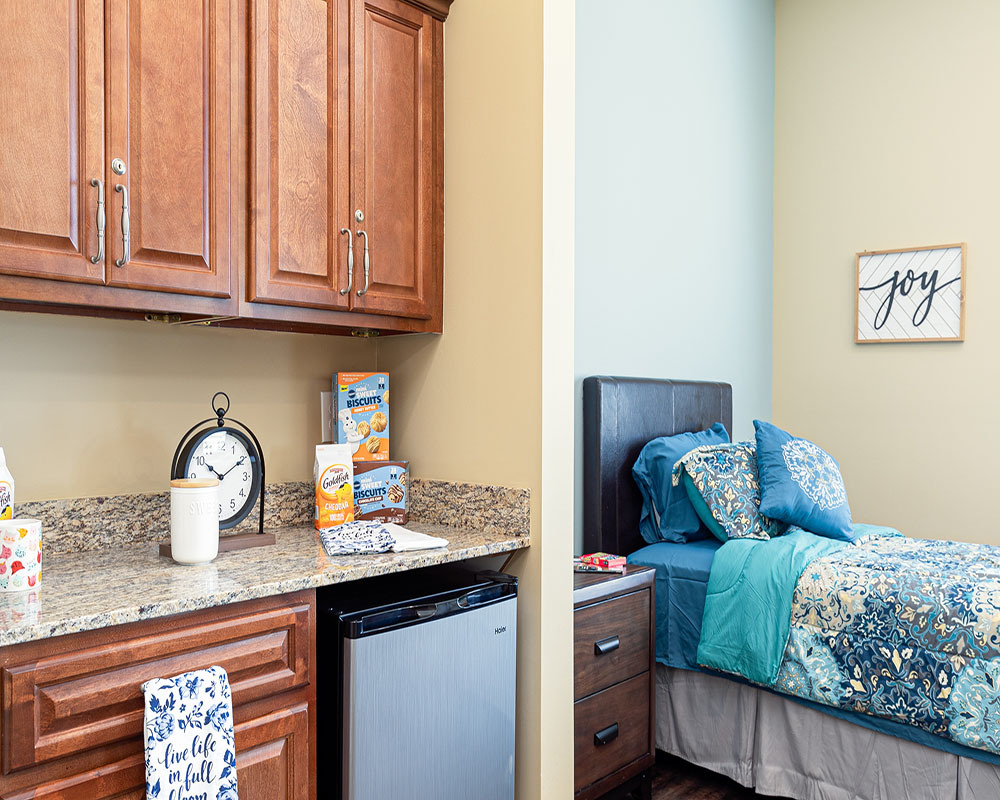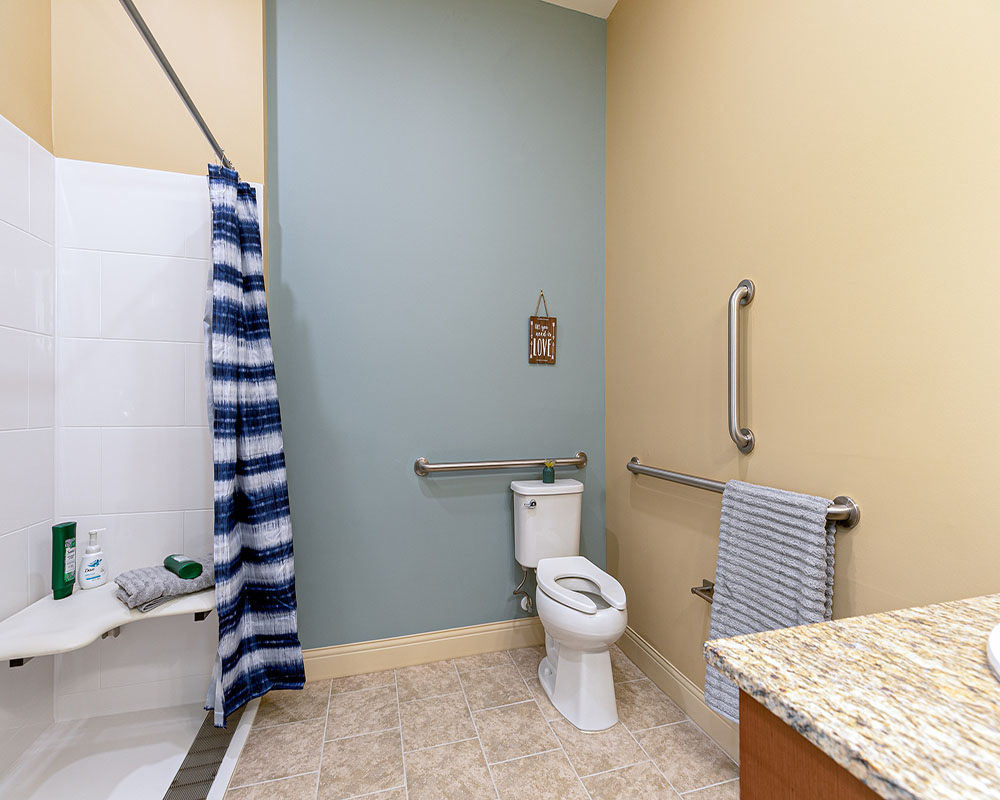Watching a parent age can be difficult, especially when you begin to worry about their well-being. For many, you may have to start considering alternatives to your parents living alone. If you’re in this situation and don’t know what to do, don’t worry—this is a common experience.
It’s important to communicate openly with your parents and clearly explain your concerns.
If you’re worried about them living alone, it may be time to consider senior living communities. Talk to your parents and find out what they need and want for a high quality of life so you can narrow down your search between assisted living, independent living, and memory care.
By understanding what they need, you can start scheduling tours with senior living communities and ease their transition to senior living.
what are the signs your parents need help?
There are many signs your parents may need help as they get older, but they can mean different things.
A parent having difficulty with some daily tasks doesn’t necessarily mean they need extra care, but when these occurrences become a hazard, it may be a sign your parent needs help. If you notice one or more of the following signs, it may be time to discuss senior living communities with your parent:
- Forgetting important dates, names, events, or memories
- Mobility problems or a tendency to fall
- Difficulty dressing, cooking, bathing, or with other daily activities
- Feelings of isolation or seclusion
- Changes in mood or behavior, like anxiety, depression, aggression, or irritation
- Serious physical changes, like weight gain or loss
- Difficulty driving or navigating on their own
If any of these signs occur, it may mean your parent is having difficulties with their daily activities, indicating they may need more help than they’re letting on. It might be time to discuss a move to assisted living or memory care.

how to talk to your parents about senior living
Discussing senior living can be an emotional time for you and your parents, so discussing this topic with love, care, and understanding is important. There are some ways you can approach the topic with empathy and respect that can make the conversation easier.
It helps to choose a comfortable and private setting for the discussion to make sure you aren’t interrupted. If you need to, it can help to invite some close family or friends to join the discussion, as having additional supportive people around can often help a person agree to such a big transition.
Clearly express that you aren’t forcing them to make this decision, but rather you simply want what’s best for them. Listen to their concerns, share your own, and work together to find a solution.
It helps to be patient and understanding. It’s important to remember that this is an extremely big change for your parents, who may be a little resistant to this choice. Be supportive and understanding, and remember that at the end of the day, deciding whether to move to senior living is up to them.
senior living options for your parents
When choosing a senior living community, you have a few options: assisted living, independent living, and memory care.
Independent Living
Independent living communities are designed for seniors who want to live independently but want to simplify their lifestyle and downsize. Residents typically live in their private apartments or homes and have access to communal areas, experiences, and services.
These communities may offer options like housekeeping, transportation, or meal plans, but residents are often responsible for their daily activities. The resident is often responsible for cooking, cleaning, and managing their medication.
Assisted Living
Assisted living communities are special residential communities set up for seniors who may need some help with their daily needs but mostly want to remain independent. These communities are ideal for seniors who need help bathing, cleaning, or with medication or medical care but want to focus on remaining independent.
Memory Care
Memory care communities are residential living areas designed to deal with the complications often associated with memory impairment. Conditions like Alzheimer’s and dementia can often seriously impact a person’s life, and these communities aim to combat this.
The communities focus on safety for the residents. Hallways may be color-coded, and there are maps located outside each room. The teams working at these sites are trained to help residents with the complications caused by memory impairment and focus on prioritizing a high quality of life.
These communities also offer programs and classes to help combat cognitive decline, and the teams on-site typically work together with the residents’ primary physicians to custom-tailor a plan to suit every resident’s needs.
tips for supporting your parents’ transition to senior living
Moving to a senior living community can be a major adjustment for everybody involved, so it’s important you support your parents during this stage. As much as possible, involve your parents in the decision-making process, and respect their choices and preferences.
It’s most productive to work together when arranging the move, but give them control over their choices. Helping them move and pack can make a big difference in how supported they feel. Being patient and understanding can help make the transition go smoothly.
Here at Silver Comet Village, we understand that the move to senior living is a big transition. We’re here to support you and your parents to give them a high quality of life. Schedule a visit today to see for yourself.














